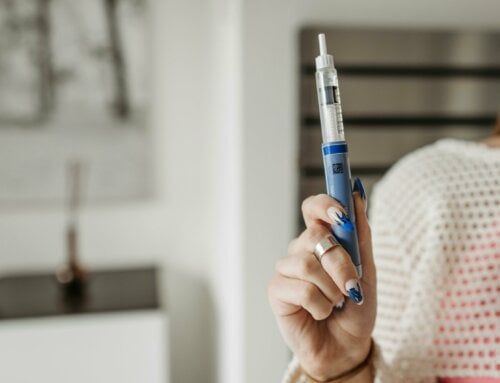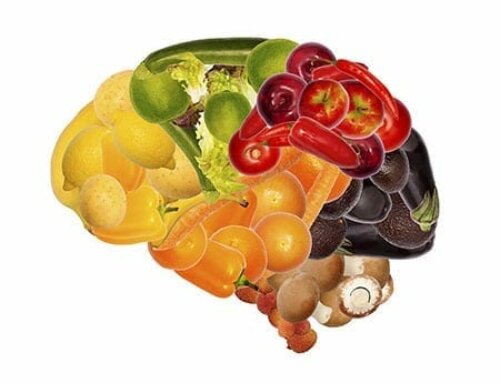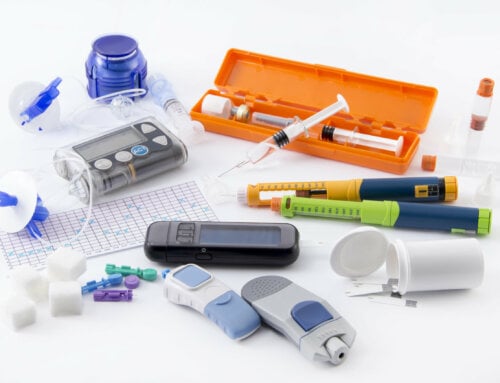Having diabetes can have a major affect on a person’s lifestyle. This week’s newsletter will give our readers some tips on how to recognize when their glucose levels are too high or low, and what to do when this occurs.
Recognizing Your Glucose Levels
As a diabetic, your blood sugar levels are absolutely crucial to monitor. If your levels are too high or low, the consequences can be serious. Look for these tell-tale warning signs that can signal you when your blood sugar levels are in trouble, and act accordingly.
Symptoms of Low Blood Sugar (Hypoglycemia)
- Shakiness
- Dizziness
- Sweating
- Hunger
- Headache
- Moodiness
- Clumsiness or jerky movements
- Seizure
- Confusion
- Tingling around the mouth
Testing your blood sugar is the best way to know if your levels are too low, but sometimes you are unable to check. When in doubt, treat yourself for low blood sugar rather than waiting for symptoms to worsen. Otherwise, you could pass out and be unable to help yourself.
Treat low blood sugar by ingesting fruit juice, hard candy, or glucose. Glucose tablets and gels work best, as they enter the blood stream the most quickly. The recommended dosage is 15 grams of glucose, which is usually about 3 glucose tablets. After taking the tablets, wait 15-20 minutes to determine whether you need another dose to make your hypoglycemic symptoms go away.
As an emergency precaution, your doctor may prescribe for you an injection of glucogen, which raises blood glucose levels. Instruct your family or co-workers how and when to administer the injection, should you ever pass out from hypoglycemia. If you do pass out and glucogen is unavailable, you should be taken to the emergency room immediately.






Leave A Comment